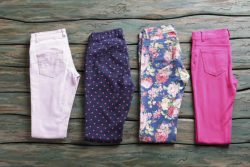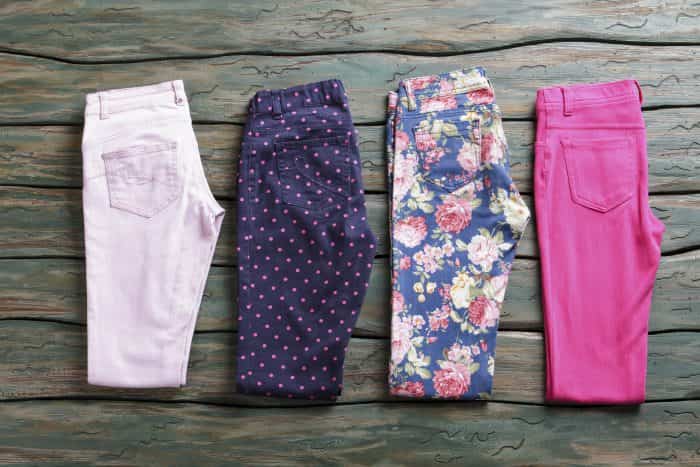Do you know everything you need to know when it comes to the importing apparel customs clearance process? While we have Licensed Customs Brokers prepared to answer any questions you may have, our goal here is to be a valuable source of import process information. Here are 7 common questions we receive from importers concerning apparel.
Apparel Trumps U.S. Import Apparel List
How popular is imported apparel in the U.S.?
The answer is so important it’s worth repeating and bolding. Clothing and apparel tops the U.S. imports list each and every year. In a year’s time, the U.S. on average imports approximately $80 billion in clothing and other apparel into the country. That’s a lot of threads. Learn more about the top 20 apparel imports to the U.S. and the value of clothing imports.

The Care Labeling Rule
What do I need to know about the Care Labeling Rule?
We’re glad you asked. When it comes to apparel importing, the Care Labeling Rule rules. The rule mandates imported apparel products in the U.S. must be labeled with the following information:
- Fiber content
- Country of origin
- Manufacturer identity
- Care instructions
Read more about the Care Labeling Rule, where the labels go and the agencies that monitor and inspect your clothing.
Importing Footwear
What do I need to know about importing footwear?
Walking the apparel importing clearance line requires some fancy footwork. Americans love their footwear, so shoe importing is big business.
Shoes must be classified with the proper classifications so the proper import duty, or tax, is added to the price of the shoes. Use a duty calculator to crunch your shoe numbers and look up your proper classification codes in the Harmonized Tariff Schedule.
Learn more about importing footwear and what you need to know to achieve footwear import clearance.
Textile Import Regulations
What are the regulations for importing textiles?
Textiles, which include everything from yard to towels to bedding, is targeted for inspection frequently. All textiles must:

- Include labels displaying the country of origin
- Include fiber content
- Include manufacturer identity
We have a guide for you on textile regulations so you can achieve apparel importing clearance success.
Wedding Gown Imports
How do I import wedding gowns?
Importing wedding gowns and other apparel into the U.S. is big business. Labels for wedding gowns must list specific pieces of information that’s required by the Care Labeling Rule. One safe cleaning method must be listed on a sewn care label for wedding gowns.
Learn the ins and outs of wedding gown importing to avoid import process hurdles.
Flammability Requirements for Textiles
What do I need to know about the Flammable Fabrics Act?
The U.S. is vigilant in making sure threads being imported into the country meet certain safety regulations, including flammability. The Flammable Fabrics Act is overseen by the Consumer Product Safety Commission and works to keep dangerously flammable textiles and apparel off the market.
To pass the flammability test, here is the flammability fabric rundown you need to know to achieve import clearance.
Compliance Procedures for Importing Apparel

How do I achieve approval from apparel import compliance procedures?
The U.S. Customs and Border Protection (CBP) is in charge of monitoring your apparel imports. Labeling your apparel imports properly and registering your imports to receive the proper classification and assigned tax are the keys to achieving import clearance success. We have the apparel import compliance procedure breakdown you need to follow.
Let Customs Brokers Help
The apparel import customs clearance process is an ever changing process that needs to be followed closely. Working with Licensed Customs Brokers experienced in the apparel imports clearance process is the best way to stay compliant with the importing process.

